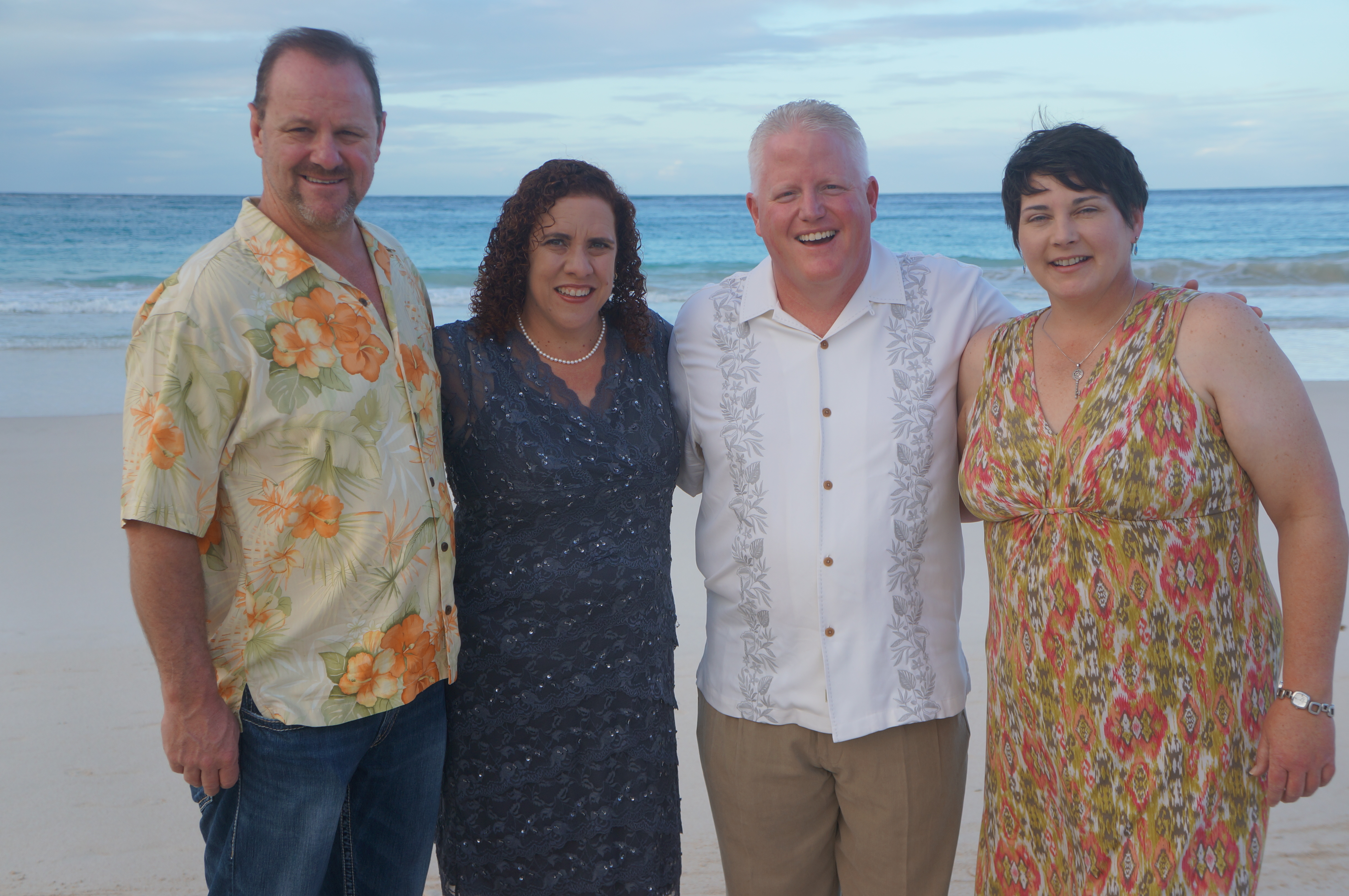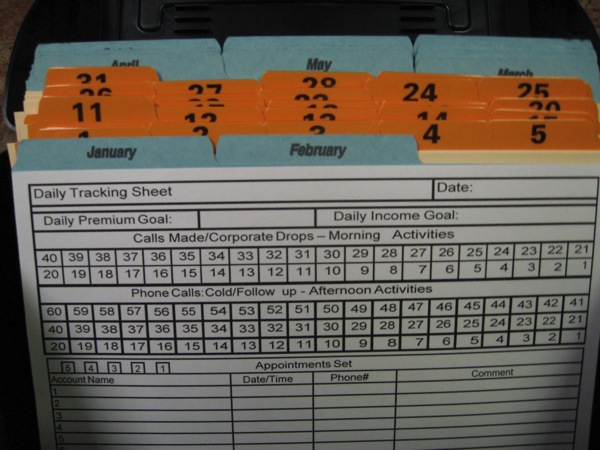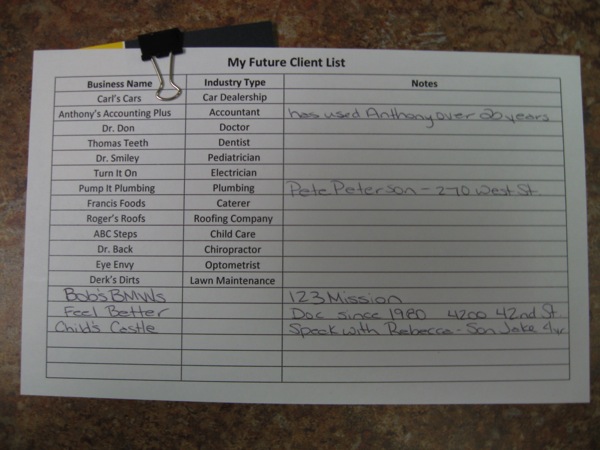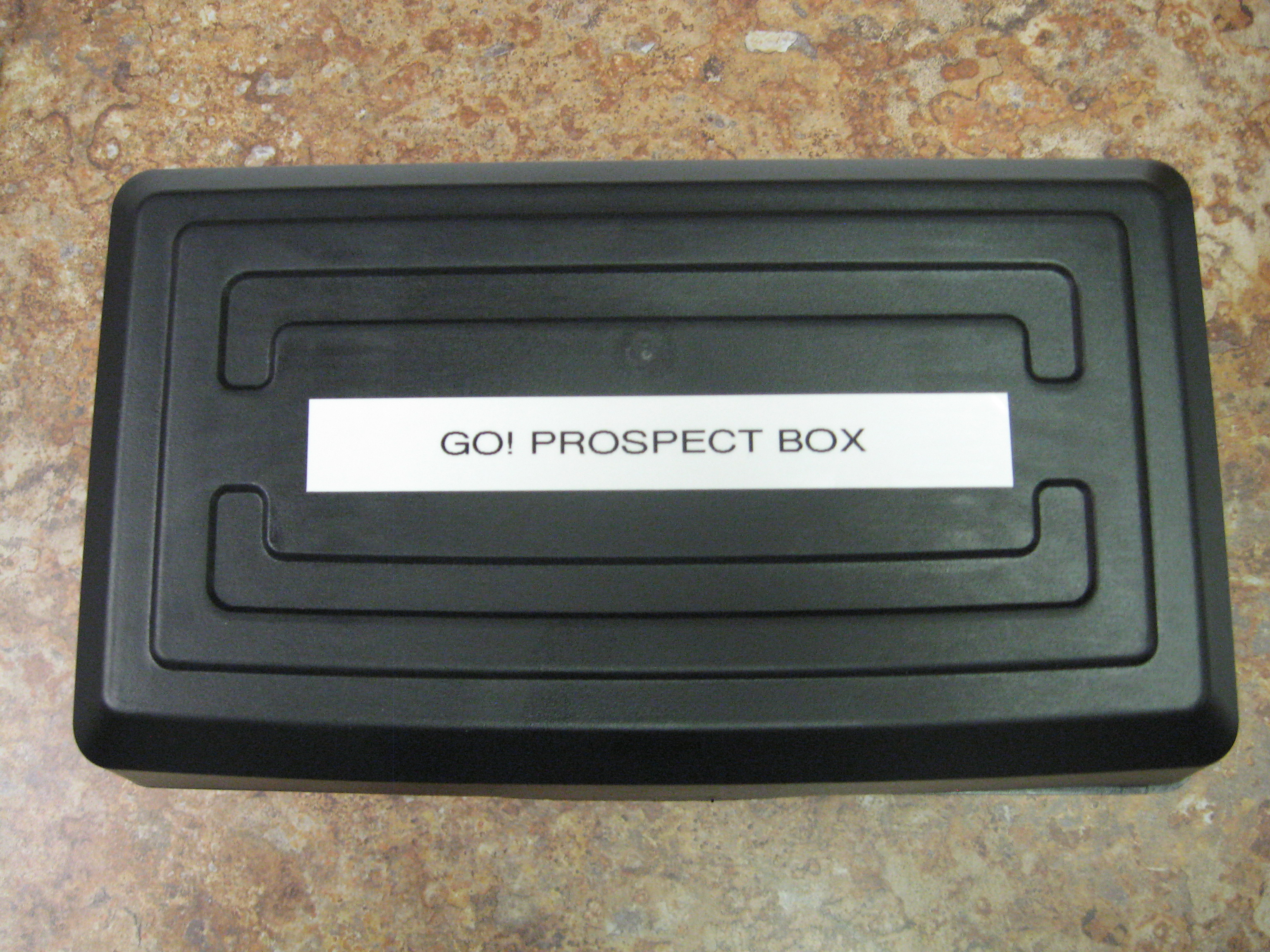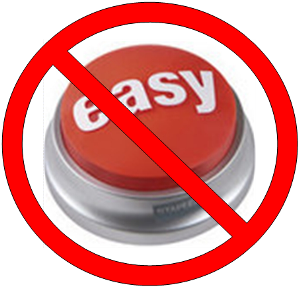Not your personality
No matter how many times, or how I say it, many new agents won’t take this simple advice, “Spare me your creativity for your first 90 days.” Oh they agree to it at first, at least in principle. They may even give it lip service but the reality is they quickly think that they are smarter than me (probably true) and smarter than the system (definitively not true). Last week I wrote about how this business is simple but not easy. I think many agents come on board and have a hard time believing it can really be that simple. It’s like they decide that my instruction to them to go, “1)Talk to a whole bunch of people, 2)Treat them real nice and, 3)Ask them to buy.” is so simple that it can’t possibly be effective.
Then they launch into their excuses as to why they can’t possibly do, what I told them they were going to have to do, when I interviewed them; go hit the streets! They whine, “Tim, this is Phoenix. Do you know how hot it is out there? That seems like waaaaaaaaay too much work. Did I mention I have a degree in marketing? I’m going to put together the worlds greatest flyer and mail it out to every business in the county. Then all I have to do is sit by my phone and wait for it to ring. Also, seriously? Have you seen these scripts? No one talks like that… I’m much better if I go in and just be myself. I’m a people person for goodness sakes. Maybe when you started a trillion jillion years ago you had to go out and pound the pavement, but I have nearly 100 connections on LinkedIn and I just know they will all recommend me to the businesses they do business with. I’m going to be so busy cashing my commission checks, there is no way I am going to have time to go cold calling….” or something like that. I don’t really know because I stopped listening at the first indication they were headed away from the systems that are proven to work.
I’d happily publish the list of names of all the hundreds of agents I’ve seen fall into this trap over the last 16+ years. I can’t though. And not because of my fear of getting sued or because it would be a HIPPA violation. The reason I can’t give you their names is that I don’t remember them. After hiring over 2,000 agents I don’t have the bandwidth to remember those new agents that failed themselves out of our business by trying to be smarter than the system.
A former boss of mine always said it this way, “If you will do what we ask, when we ask, and as often as we ask, your chances for success are very, very good. If you won’t, your chances for success are somewhere between slim and none. And Slim just left the building.”
Let me give you a metaphor that I hope will drive home this point: If you know me, you know that I am a tour guide type of trainer. In other words, if you come to me and ask me how to get from my office in downtown Phoenix to Flagstaff, there is a great chance that I will offer to drive you there in my car and show you the quickest way possible. In fact, with the way I drive, we are going to get there in about two hours. But suppose you say, “Tim, I’ve heard that if we cut through over to Sedona and head up Oak Creek Canyon the view is spectacular. Sure it might take a little longer, but it will be so much prettier.” That may all be true, but I don’t have the time to go that way. In fact if you decide to go that way, there isn’t much I can do to help you if you get lost.
I know it’s feasible to go the other way, but the way I know is to take I-10 West to the I-17 North and then bury the accelerator!!! In fact I have never seen anyone that went to Flagstaff via Oak Creek Canyon ever come back. But hey, you might be smarter than me. If you chose to go that way, is it possible that you will be the first one ever to be successful? Sure, it’s possible I guess. But you are on your own. Good luck and Via Con Dios!
Conclusion: If flyers, LinkedIn, mailers, (or whatever other hair-brained idea you might concoct to avoid the simple fact that you are going to have to hit the bricks and sweat a little) worked, don’t you think your carrier would have already discovered it? There is no magic bullet! The only thing that I’ve ever seen work; is hard work. As my daughter Victoria would say, “Sorry, not sorry….”
Question: What are you doing currently to hide from the unpleasant reality that this is going to take real elbow grease? We all suffer from this from time to time. Would you be honest and vulnerable enough to share yours with me?



